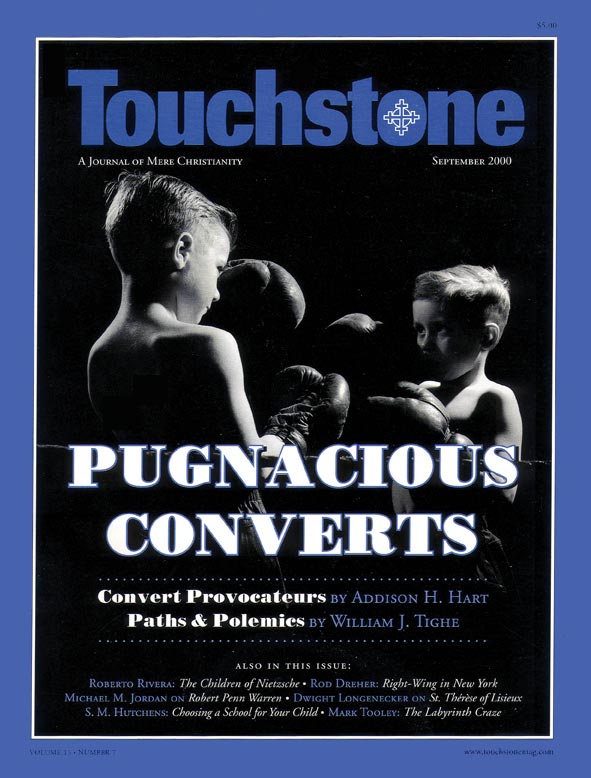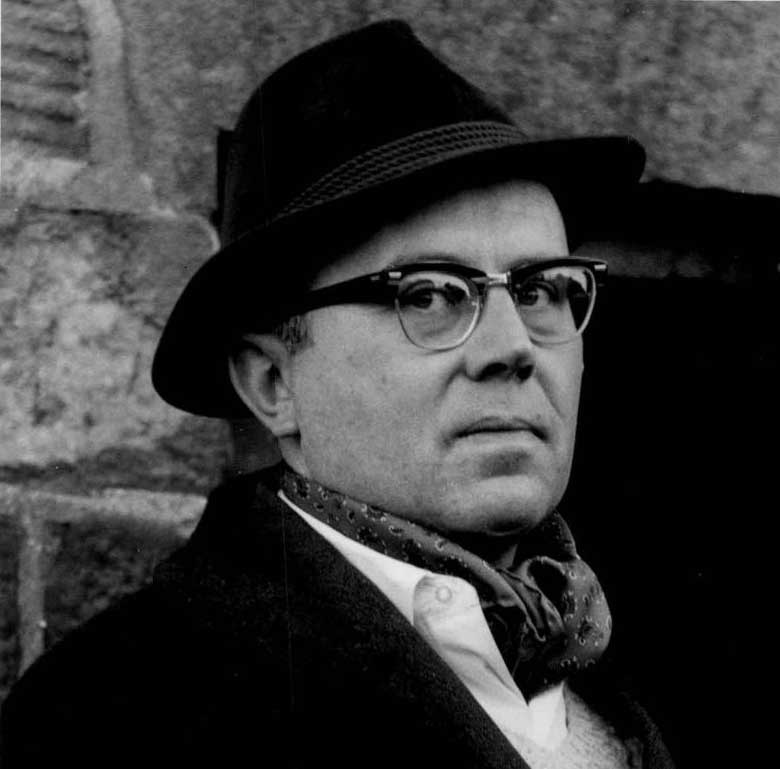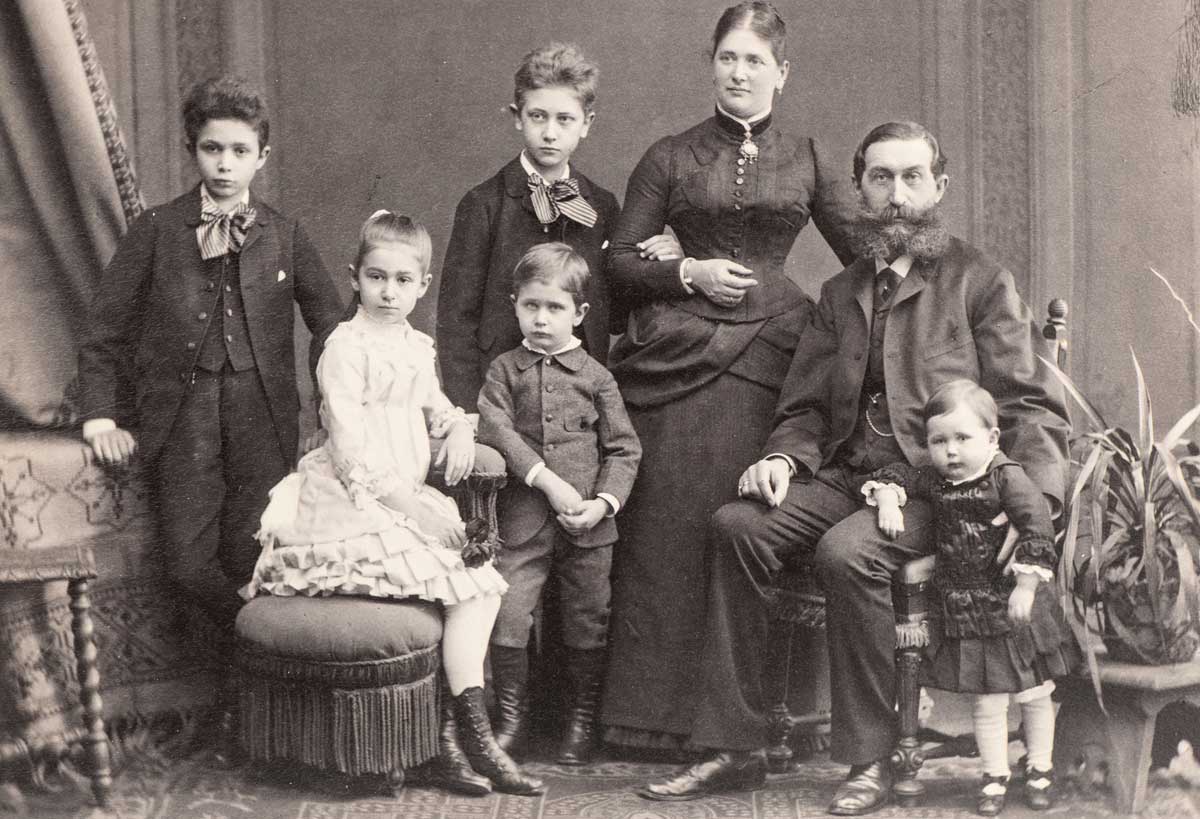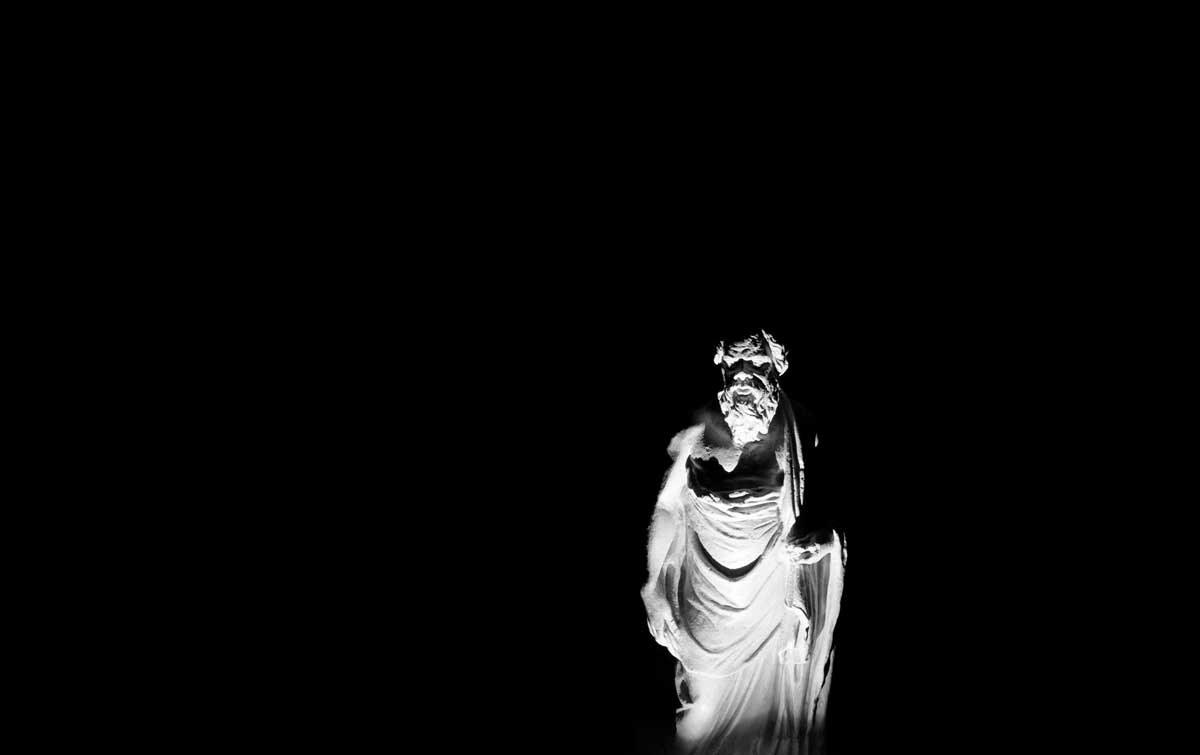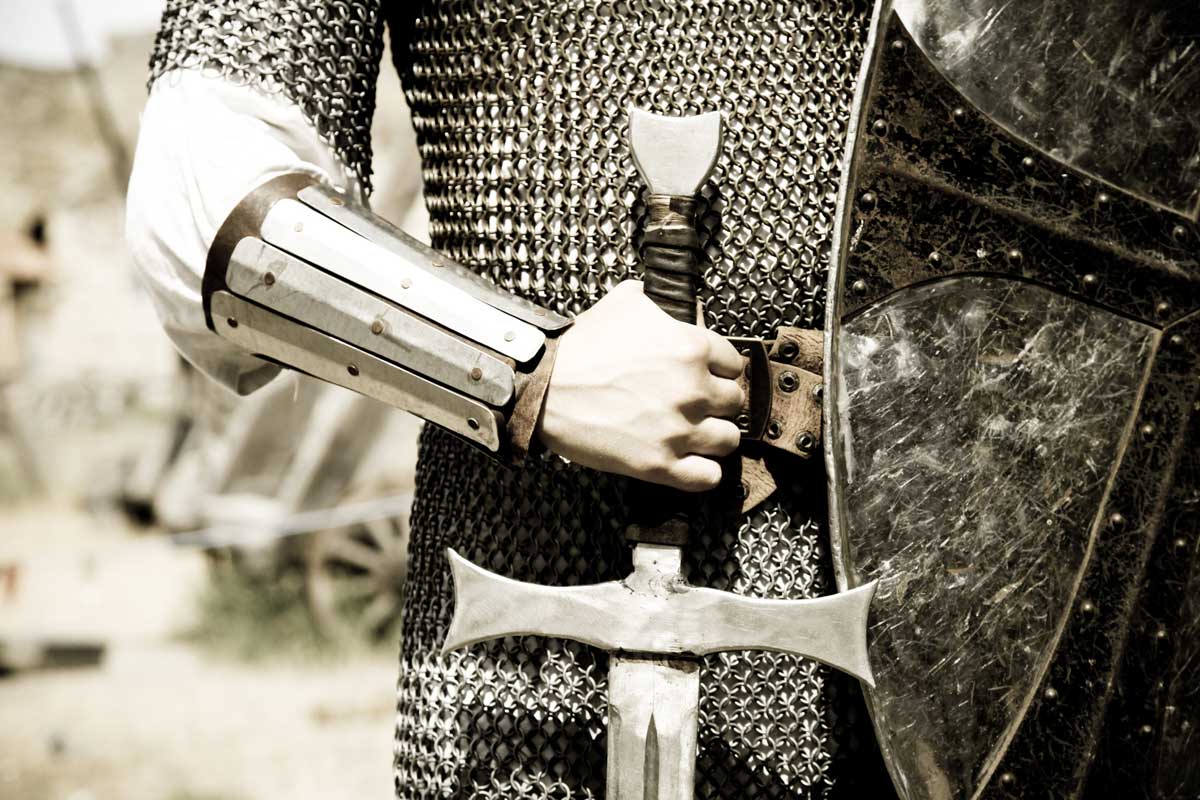View
The Children of Nietzsche
Roberto Rivera on American Pop Culture
More than a year ago, a pair of suburban teenagers named Eric Harris and Dylan Klebold turned the word “Columbine” into a synonym for “massacre.” In the year since the shootings, there has been no shortage of explanations for why two middle-class suburban kids would set out to annihilate their schoolmates.
These explanations have focused on, to borrow terms from criminal law, means and motive. By means, I’m referring to the role that our nation’s gun laws may have played in the massacre. The past months have seen repeated efforts, at both the state and federal levels, to close what gun-control advocates maintain was a loophole that enabled the pair to arm themselves.
By motive, I’m referring to things such as uncontrolled anger, bad parents, and bigotry. In other words, psychological factors.
The Other Factor
What’s noteworthy is the lack of attention given to the factor for which we arguably have the most evidence: the role popular culture, and the nihilism it breeds, played in turning suburban kids into monsters. If you’re looking for evidence for this contribution, you need look no further than what a December issue of Time magazine dubbed a “Special Report.”
The report, which generated a lot of criticism from both the victims’ families and segments of the media, was based on a set of videos shot by Harris and Klebold just before the shootings. In these tapes, the duo swigged Jack Daniels, brandished their weapons, and tried to explain why they were about to do what they did. While the tapes had nothing to say about the role of guns—an issue I suspect we’ll never settle—they did a good job of undermining the psychological explanations proffered by the punditocracy.
While Harris and Klebold were angry at the way they had been treated, you can’t label their anger as uncontrollable. On the contrary, it’s clear from watching the tapes that they had bided their time, waiting for the ideal moment to act.
And while the pair’s performance on the tapes was filled with racial hatred and invective, it’s also clear that they were equal-opportunity haters. They hated everybody: athletes, minorities, Jews, and other whites.
Well, how about their clueless parents? You know, the ones who were unaware of the bomb factory in the house? The pair absolves their parents. Klebold tells the camera, “There’s nothing you guys could’ve done to prevent this. . . .” He tells his mom and dad that they are “great parents,” and that he appreciates what they’ve done for him. As consolation, Harris offers a quote from Shakespeare’s The Tempest: “Good wombs hath borne bad sons.” They then say goodbye to their parents by saying, “It’s what we had to do. . . .”
What the tapes do tell us about is the role that American popular culture played in shaping Harris’s and Klebold’s worldviews. I’m not talking about the attempt to place blame on movies such as The Matrix or The Basketball Diaries. The role played by popular culture was both subtler and more invidious.
Roberto Rivera is a Fellow at the Wilberforce Forum at Prison Fellowship. His work has appeared in Books & Culture, and he is also a regular contributor to the web magazine Boundless. He is a contributing editor for Touchstone.
subscription options
Order
Print/Online Subscription

Get six issues (one year) of Touchstone PLUS full online access including pdf downloads for only $39.95. That's only $3.34 per month!
Order
Online Only
Subscription

Get a one-year full-access subscription to the Touchstone online archives for only $19.95. That's only $1.66 per month!
bulk subscriptions
Order Touchstone subscriptions in bulk and save $10 per sub! Each subscription includes 6 issues of Touchstone plus full online access to touchstonemag.com—including archives, videos, and pdf downloads of recent issues for only $29.95 each! Great for churches or study groups.
Transactions will be processed on a secure server.
more on america from the online archives
more from the online archives
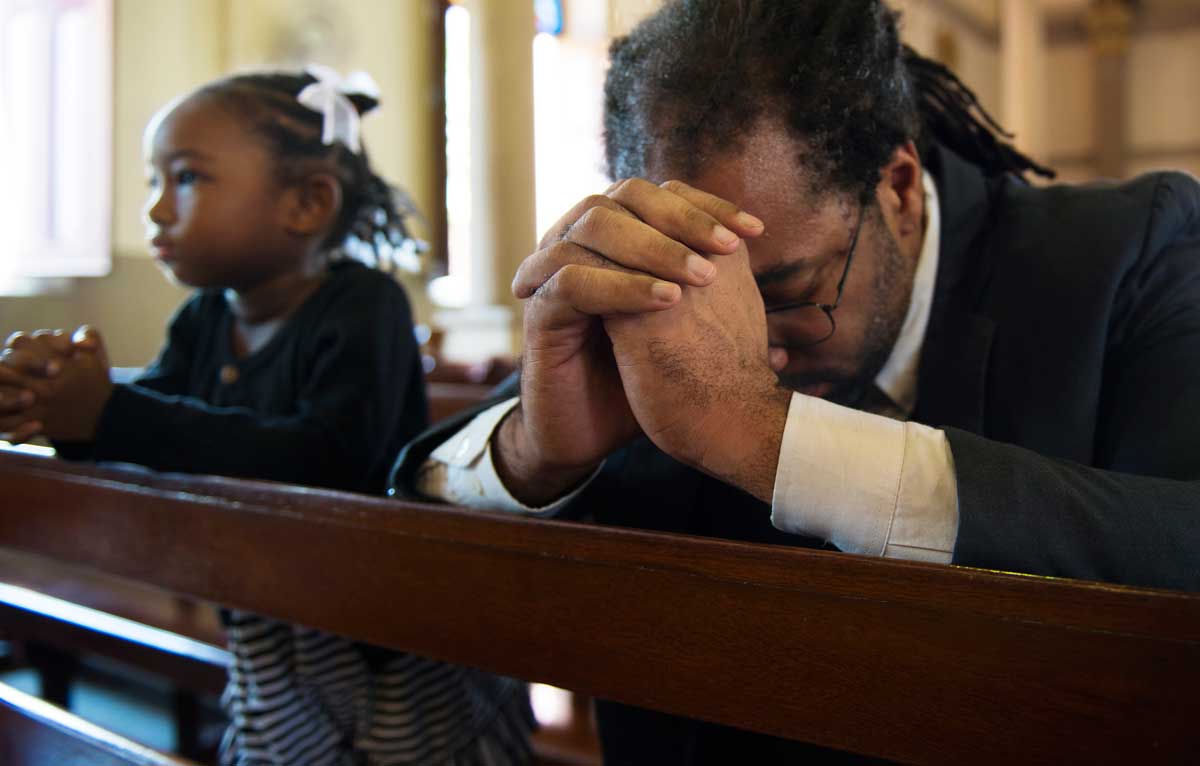
14.1—January/February 2001
The Christian Heart of Fatherhood
The Place of Marriage, Authority & Service in the Recovery of Fatherhood by John M. Haas
calling all readers
Please Donate
"There are magazines worth reading but few worth saving . . . Touchstone is just such a magazine."
—Alice von Hildebrand
"Here we do not concede one square millimeter of territory to falsehood, folly, contemporary sentimentality, or fashion. We speak the truth, and let God be our judge. . . . Touchstone is the one committedly Christian conservative journal."
—Anthony Esolen, Touchstone senior editor





